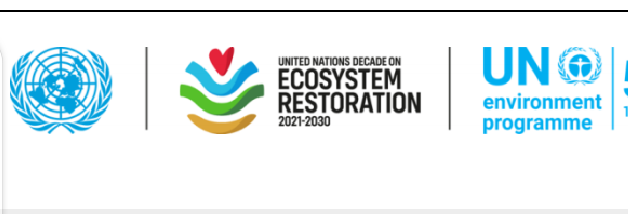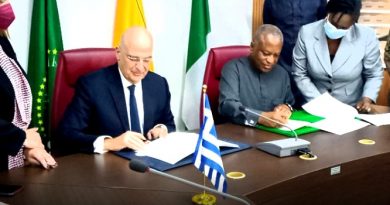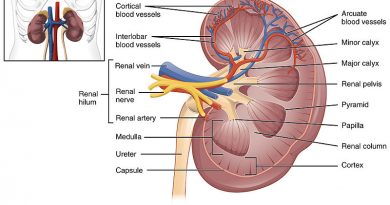New dates announced for resumed sessions of UN Biodiversity Convention’s two subsidiary bodies and post-2020 global biodiversity framework working group
Oru Leonard
· In-person meetings of the Convention’s science/technical bodies, and the working group tasked with developing the post-2020 global biodiversity framework to resume March 2022
· Meetings critical for developing ambitious, action-oriented and accountable post-2020 framework essential for human well-being, sustainable development and the future of all life on Earth.
22 December 2021 – The physical meeting of the resumed sessions of the Convention on Biological Diversity’s (CBD) scientific and implementation bodies, and the working group tasked with developing the post-2020 global biodiversity framework, have been rescheduled for March 2022 in Geneva, Switzerland.
“These three meetings are critical to developing an effective post-2020 global biodiversity framework,” said Elizabeth Maruma Mrema, CBD Executive Secretary.
“As we prepare for these meeting, I want to remind everyone that words, even targets, are not enough. Pledges and commitments bring the most impact when they are matched with planned, prioritized and persistent actions. We have the responsibility to ensure that an effective post-2020 global biodiversity framework is successfully negotiated, and that urgent action is taken to implement it.”
Originally scheduled for Geneva from 12-28 January 2022, the physical meetings of the resumed sessions of the twenty-fourth meeting of the Subsidiary Body on Scientific, Technical and Technological Advice (SBSTTA 24), the third meeting of the Subsidiary Body on Implementation (SBI 3) and the Open-ended Working Group on the Post-2020 Global Biodiversity Framework (WG2020-3) will now be held 13-29 March 2022, at the International Conference Centre Geneva in Geneva.
In order to reconvene the meetings as soon as feasible, the Secretariat decided on the new dates following consultation with the Government of Switzerland, the COP Bureau, the Chairs of SBSTTA and SBI and the WG2020 Co-Chairs.
The Secretariat will continue to monitor further developments, and issue updates on any changes and adjustments that may become necessary.
NOTES TO EDITORS
SBSTTA-24, SBI-3, WG2020-3 meeting documents: www.cbd.int/conferences/geneva-2022
Report of the Open-ended Working Group on the Post-2020 Global Biodiversity Framework (WG2020) on its third meeting (Part I): www.cbd.int/conferences/post2020/wg2020-03/documents
Draft One of post-2020 global biodiversity framework: www.cbd.int/article/draft-1-global-biodiversity-framework
WG2020 Co-Chairs, with support from the CBD Secretariat, have prepared 25 one-pagers as an information supplement to the first draft of the post-2020 global biodiversity framework: www.cbd.int/article/first-draft-global-biodiversity-framework-one-pagers
UN Biodiversity Conference – Fifteenth meeting of the Conference of the Parties to the Convention on Biological Diversity): www.cbd.int/meetings/COP-15; Tenth meeting of the Conference of the Parties serving as the meeting of the Parties to the Cartagena Protocol on Biosafety: www.cbd.int/meetings; COP-MOP-10 Fourth meeting of the Conference of the Parties serving as the meeting of the Parties to the Nagoya Protocol on Access and Benefit-sharing: www.cbd.int/meetings/NP-MOP-04
About the Convention on Biological Diversity (CBD) The Convention on Biological Diversity (CBD) Opened for signature in 1992 at the Earth Summit in Rio de Janeiro, and entering into force in December 1993, the CBD is an international treaty for the conservation of biodiversity, the sustainable use of the components of biodiversity and the equitable sharing of the benefits derived from the use of genetic resources. With 196 Parties, the CBD has near universal participation among countries.
The CBD seeks to address all threats to biodiversity and ecosystem services, including threats from climate change, through scientific assessments, the development of tools, incentives and processes, the transfer of technologies and good practices and the full and active involvement of relevant stakeholders including indigenous peoples and local communities, youth, women, NGOs, sub-national actors and the business community.
The Cartagena Protocol on Biosafety and the Nagoya Protocol on Access and Benefit-Sharing are supplementary agreements to the CBD. The Cartagena Protocol, which entered into force 11 September 2003, seeks to protect biodiversity from the potential risks posed by living modified organisms resulting from modern biotechnology.
To date, 173 Parties have ratified the Cartagena Protocol. The Nagoya Protocol aims at sharing the benefits arising from the utilization of genetic resources in a fair and equitable way, including by appropriate access to genetic resources and by appropriate transfer of relevant technologies. Entering into force 12 October 2014, it has been ratified by 132 Parties.




